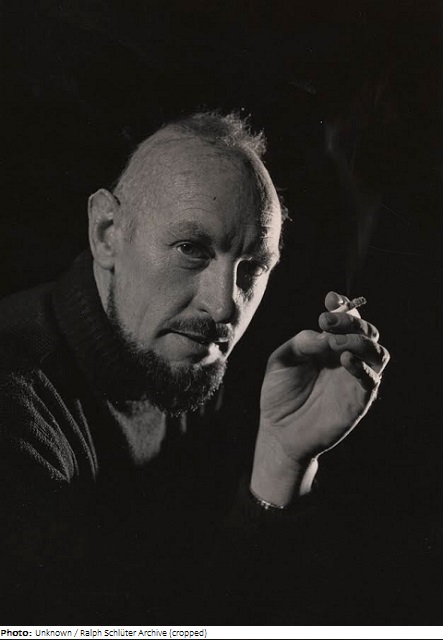
| Roles | Competed in Olympic Games (non-medal events) |
|---|---|
| Sex | Male |
| Full name | Brian Patrick•Boydell |
| Used name | Brian•Boydell |
| Born | 17 March 1917 in Howth, Fingal (IRL) |
| Died | 8 November 2000 (aged 83 years 7 months 22 days) in Howth, Fingal (IRL) |
| NOC |  Ireland Ireland |
Brian Boydell was born into a well-to-do Anglo-Irish family. During his school years in Rugby, he was strongly influenced by his music teacher. Although he already composed his first songs during a subsequent stay in Heidelberg and received a scholarship for Cambridge, he took up studies in natural sciences, which he completed in 1938. Eventually, he entered the Royal College of Music in London and studied composition. In addition to piano, he also learned to play oboe.
At the beginning of World War II, Boydell returned to Dublin and completed his studies at Trinity College. After a short time in his father’s malt business, he became director of the Dublin Orchestra in 1943. The following year, he was appointed professor of voice at the Royal Irish Academy of Music. Together with other composers he founded the Irish Music Association in 1948.
In 1962 Boydell took up a post as professor of music at Trinity College and reformed the study course. As a presenter of music programs on RTÉ, Boydell introduced many people to classical music. He also devoted himself to surrealist painting and took lessons from Mainie Jellett. After his retirement, he wrote books on music theory and was elected to the exclusive circle of Aosdána, which honours outstanding Irish artists.
As a young composer, Boydell was influenced by the music of Béla Bartók and Jean Sibelius and sought to combine Irish music with European traditions. In Memoriam Mahatma Gandhi (op. 30), a 12-minute orchestral piece, was his first major success in 1948. He composed the work immediately after Gandhi’s assassination. At the premiere, the composer himself conducted the Radio Éireann Symphony Orchestra in the Phoenix Hall in Dublin.
In the following 50 years Boydell composed a wide range of music, including orchestral works and chamber music but also compositions for voice or solo instruments. In 1961 he wrote a new orchestral version of the Irish national anthem for the launch of television in Ireland, which was played daily at the start of the program for many years.
| Games | Discipline (Sport) / Event | NOC / Team | Pos | Medal | As | |
|---|---|---|---|---|---|---|
| 1952 Summer Olympics | Art Competitions |  IRL IRL |
Brian Boydell | |||
| Music, Compositions For Orchestra, Open (Olympic (non-medal)) |